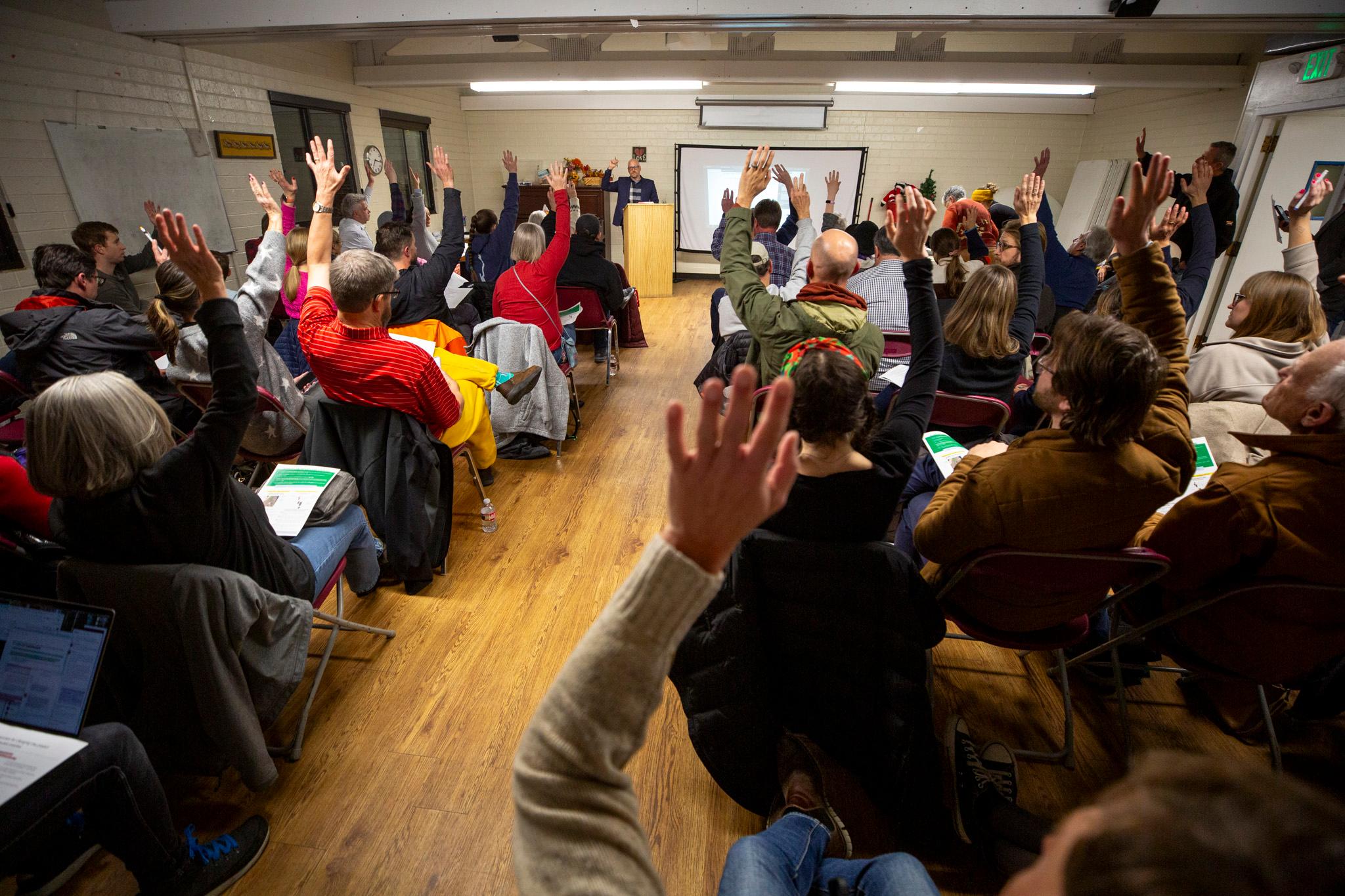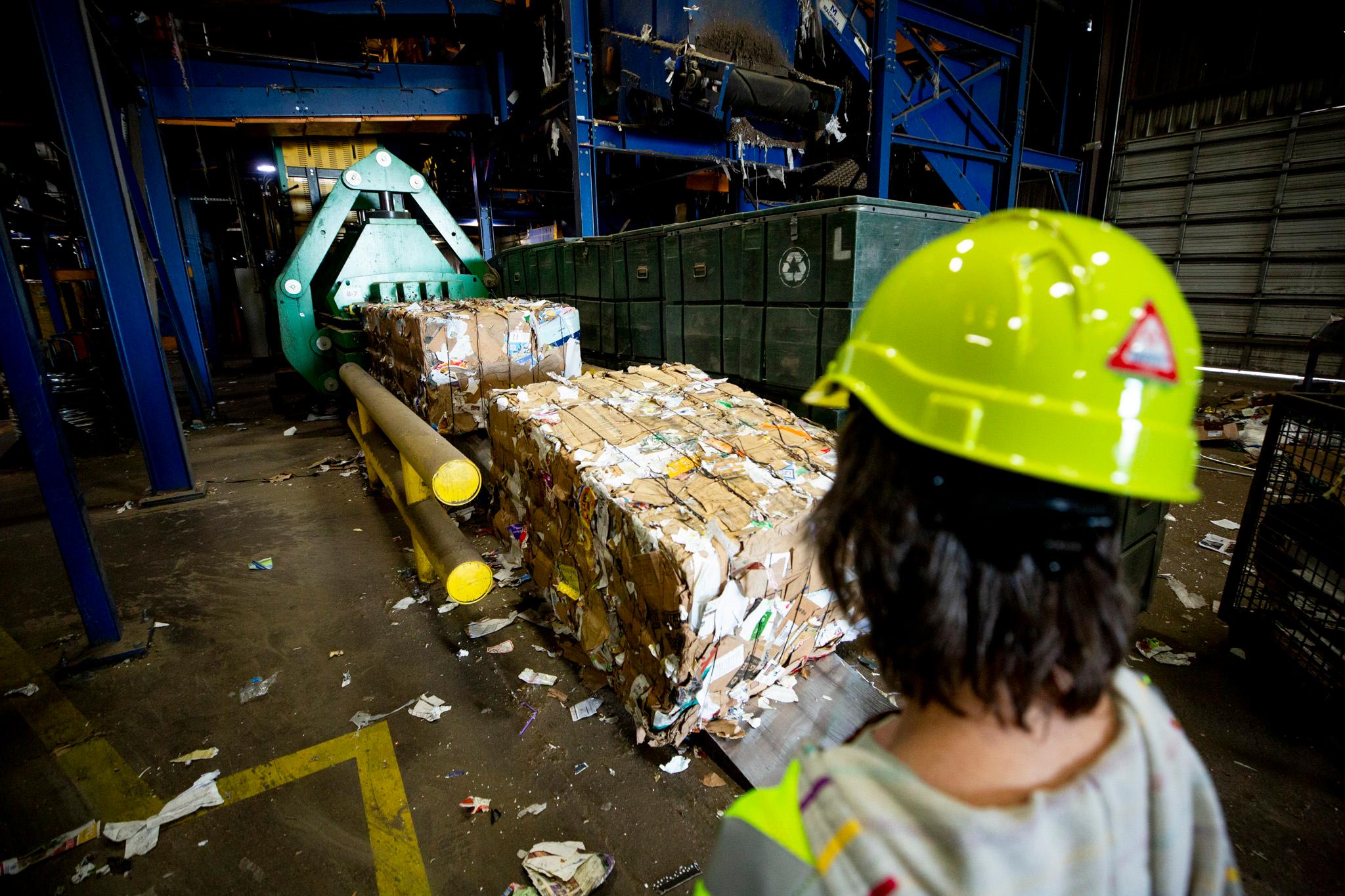
Four brothers were badly beaten, cold and terrified for their lives when they appeared before dawn at a stranger's Northern California door begging for help.
Hours earlier, they had fled a marijuana farm in the foothills of the Sierra Nevada where they said they were held captive for months and forced to tend pot plants at gun point. They told police they escaped after overhearing plans being made to kill them after the harvest was complete.
California and other marijuana-growing regions are in the middle of their annual harvest, which attracts tens of thousands of temporary workers with promises of big and quick paydays. But authorities warned Thursday that the industry is still an underground economy that is largely unregulated, which leads to horrific abuses of pot farm workers.
Authorities say they are searching for two men who helped keep the men in captivity, including the brothers' nephew, and investigating whether the large-scale operation had connections to Latin American drug cartels. Two women accused of holding the brothers captive were arrested last week.
A day after California police made public details of the brothers' ordeal, Colorado authorities on Thursday said they are investigating whether Chinese farmhands possibly in the country illegally were forced to work at a large marijuana operation in the western part of the state.
Some 14 Chinese nationals were arrested Monday and 9,700 pounds of pot seized from the suspected illegal growing site near the Colorado River. Six others fled when the illegal growing operation was raided.
Last year, a federal judge sentenced a pot farmer from California's Humboldt County — the top producing county in the state — to life in prison for shooting to death a Guatemalan farmhand, badly wounding another and trying to kill a third. Authorities said the farmer did not want to pay them.
In May, the chief of police of Humboldt County's largest city used Craigslist to warn eager job seekers preparing to arrive for the marijuana harvest to stay away. Eureka Police Chief Andrew Mills told the would-be workers that many jobs were too good to be true.
Many, he said, "have been cheated of their pay and as a result, become stranded in Eureka," Mills wrote.
In a phone interview Thursday, Mills said the area's homeless population is rising because marijuana farm workers took jobs that went wrong, quit and have no money to go elsewhere.
"We see a lot of foreigners coming from all over the world," he said. "Some of these growers are extremely violent."
The four brothers talked with police on July 27, prompting the search of several homes and the raid in the small town of West Point of the farm on several acres of land up a winding road with armed men standing guard over a house where the women lived. The men themselves slept in squalid and ramshackle conditions in a hut-like structure, authorities said.
Police said they found a religious shrine popular among Mexican drug traffickers and cartels during a search of a Modesto home in connection with the case.
"We are investigating and trying to corroborate the few small pieces of evidence we have of a cartel connection," Calaveras County Sheriff's Capt. Jim Macedo said. Macedo said the small county has been inundated with a large number of pot farms in recent months.
West Point last May made it legal for farmers to grow commercial amounts of medicinal marijuana as a way to help Calaveras County recover from a devastating wildfire last year and destroying 860 homes. The county itself raised $3.5 million after receiving 700 applications for farming permits, which cost $5,000 each.
The cultivation law was passed over the objection of the sheriff and district attorney, who said the remote county was already overrun with too many illicit pot farms and warned of an influx of unsavory outsiders.
Authorities said they destroyed 23,000 plants worth up to $60 million found on July 28 at the forested compound where the brothers worked. The two women were arrested Sept. 14 in Modesto and charged with human trafficking, kidnapping, battery with serious bodily injury, terrorist threats and drug charges.
Neither Guadalupe Sierra Arellano, 43, nor Medarda Urbieta, 44, entered pleas during a court appearance in San Andreas, California. Macedo said the two women are suspected of living in the United States without proper documentation.
Brian Chavez-Ochoa, a lawyer representing Arellano, denied his client had any connections to cartels and said it appears the site was maintained and cultivated by locals.
David Singer, a lawyer representing Urbieta, didn't return a call. Both women remain in jail on $800,000 bail each.
Written by Associated Press reporter Paul Elias.













